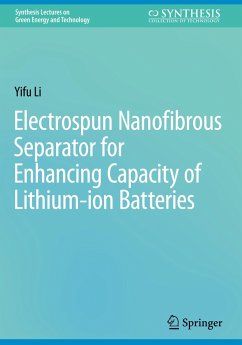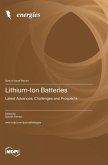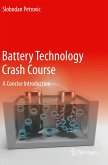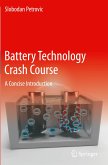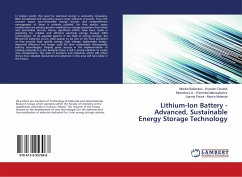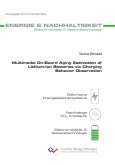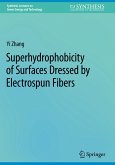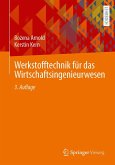This book offers an in-depth exploration of battery separators, a critical component in Lithium-ion batteries (LIBs). Serving as insulators between electrodes to prevent internal short circuits, these separators play a crucial role in retaining liquid electrolyte and facilitating the migration of lithium ions during battery cycling.
In the face of increasing demand for high-performance LIBs across diverse applications, the development of superior separators is imperative. Among the various advancements in battery separator research, electrospun nanofibrous separators have gained significant attention. These separators exhibit compelling characteristics, including large pore size (typically above 500 nm), high porosity (typically above 70%), and an interconnected porous structure, all of which enhance ion transportation efficiency and battery cycling performance.
However, a notable focus in previous studies has been on electrochemical inert materials as battery separators, which do not contribute to the battery's capacity. This book presents a comprehensive study that introduces a novel concept: the development of a redox-active separator based on electrospun polypyrrole (PPy) composite nanofibers to significantly enhance battery capacity.
The book begins by exploring the effects of separators on battery performance, providing valuable insights and guidance for separator design. Then, a detailed investigation into the kinetics of in-situ polymerization of PPy with electrospun fibrous membranes as templates follows, shedding light on the mechanisms behind fabricating the proposed separator. Finally, this book presents the fabrication and characterization of the proposed separator, showcasing potential of the separator for enhancing battery capacity.
This book is intended for researchers, engineers, and professionals in the field of battery technology, materials science, and electrochemistry. It is also a valuable resource for graduate students and academics seeking advanced insights into the development of high-performance lithium-ion batteries and innovative separator technologies.
In the face of increasing demand for high-performance LIBs across diverse applications, the development of superior separators is imperative. Among the various advancements in battery separator research, electrospun nanofibrous separators have gained significant attention. These separators exhibit compelling characteristics, including large pore size (typically above 500 nm), high porosity (typically above 70%), and an interconnected porous structure, all of which enhance ion transportation efficiency and battery cycling performance.
However, a notable focus in previous studies has been on electrochemical inert materials as battery separators, which do not contribute to the battery's capacity. This book presents a comprehensive study that introduces a novel concept: the development of a redox-active separator based on electrospun polypyrrole (PPy) composite nanofibers to significantly enhance battery capacity.
The book begins by exploring the effects of separators on battery performance, providing valuable insights and guidance for separator design. Then, a detailed investigation into the kinetics of in-situ polymerization of PPy with electrospun fibrous membranes as templates follows, shedding light on the mechanisms behind fabricating the proposed separator. Finally, this book presents the fabrication and characterization of the proposed separator, showcasing potential of the separator for enhancing battery capacity.
This book is intended for researchers, engineers, and professionals in the field of battery technology, materials science, and electrochemistry. It is also a valuable resource for graduate students and academics seeking advanced insights into the development of high-performance lithium-ion batteries and innovative separator technologies.

